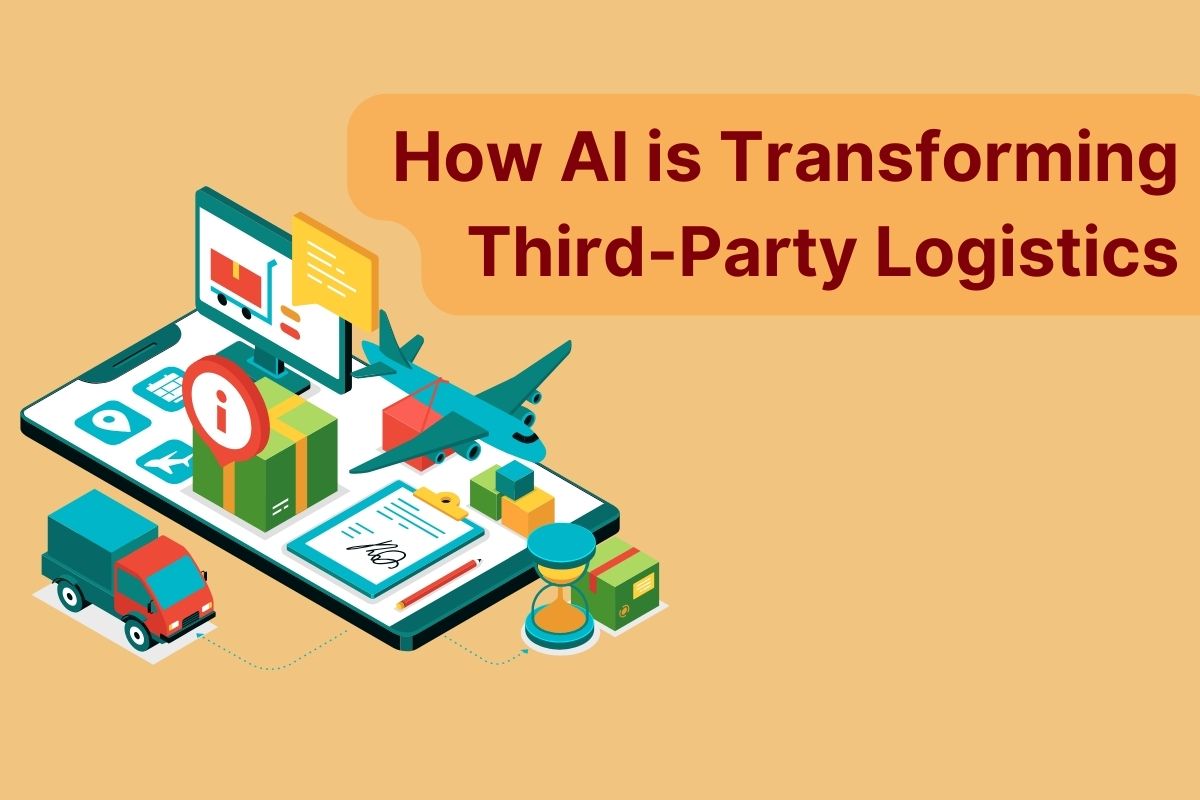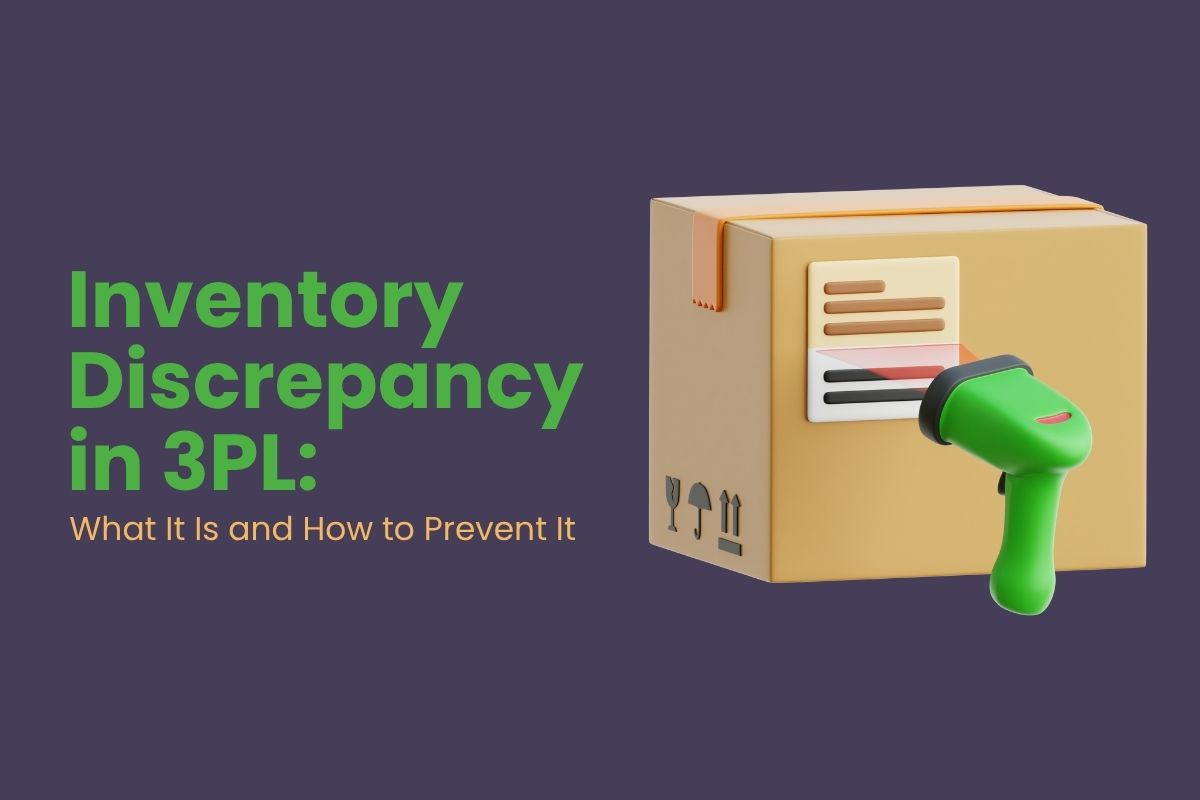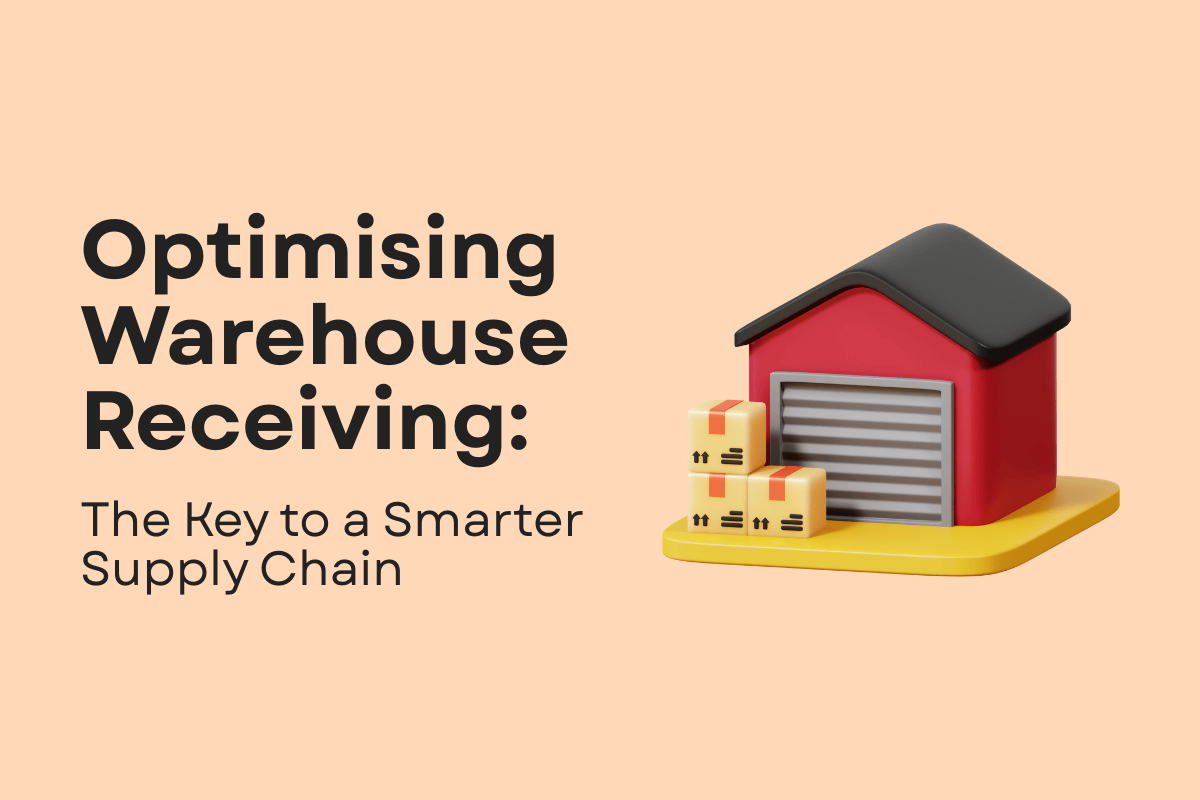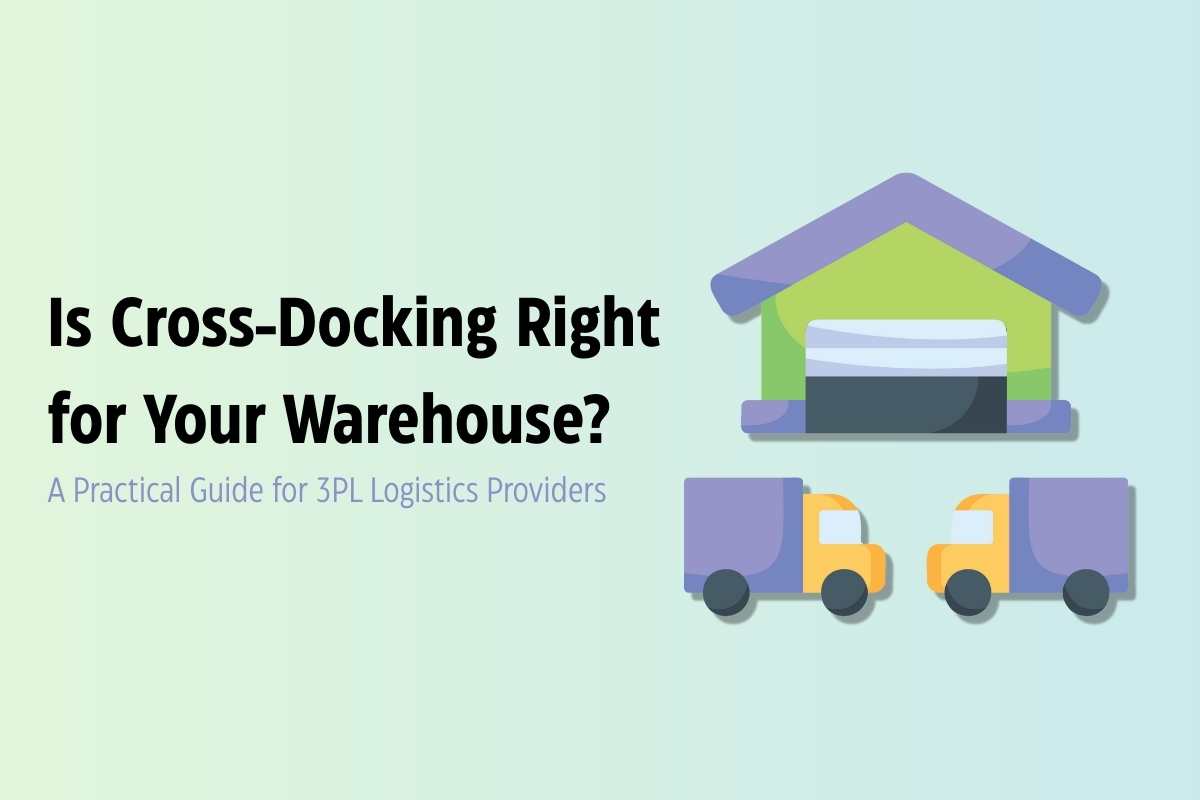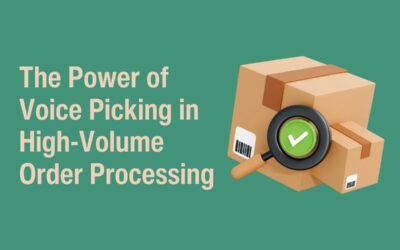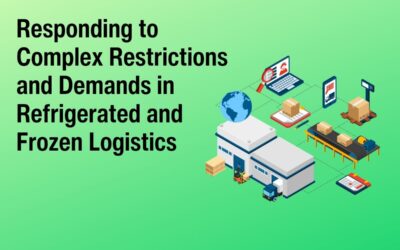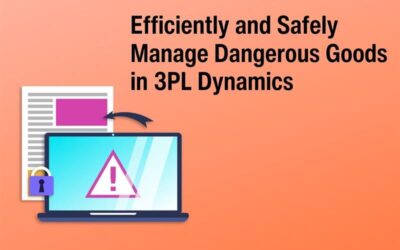In the dynamic landscape of modern commerce, the logistics industry is a crucial backbone, facilitating the global movement of goods and services.
Third-party logistics (3PL) providers play a pivotal role in this ecosystem, offering specialised services to simplify business supply chain operations. However, as the demands on logistics continue to evolve, so must the strategies and technologies employed within the industry.
One such transformative force making waves in 3PL is artificial intelligence (AI).
This article delves into the profound impact of AI on the third-party logistics sector, exploring its applications, benefits, and the future it promises
AI in Logistics Transformation:
Integrating AI technologies marks a significant paradigm shift in the logistics landscape. Traditionally, logistics operations relied heavily on manual processes and human decision-making, often prone to errors and inefficiencies.
With AI, logistics companies can harness the power of data-driven insights and automation to optimise various facets of their operations, from route planning and warehouse management to inventory optimisation and predictive maintenance.
Struggling with logistics challenges?
Discover how AI can transform your logistics journey
Third-Party Logistics AI Solutions:
Third-party logistics providers increasingly leverage AI-powered solutions to enhance their service offerings and stay ahead of the competition.
These solutions encompass various technologies, including machine learning algorithms, natural language processing (NLP), computer vision, and predictive analytics.
By deploying these tools, 3PL firms can gain deeper insights into supply chain dynamics, anticipate demand fluctuations, and adapt their real-time strategies to ensure seamless operations.
Impact of Artificial Intelligence on 3PL:
The impact of AI on the third-party logistics industry is multifaceted and far-reaching. One of the most significant benefits is improved operational efficiency.
AI algorithms can analyse vast amounts of data with unparalleled speed and accuracy, enabling logistics providers to optimise routes, reduce transit times, and minimise costs.
Moreover, AI-driven predictive analytics empower 3PL firms to anticipate potential disruptions, such as weather events or supply chain bottlenecks, allowing them to mitigate risks and maintain continuity proactively.
Logistics Industry AI Applications:
AI applications in the logistics industry are diverse and span the entire supply chain ecosystem. For instance, in warehousing operations, AI-powered robotic systems can automate picking, packing, and sorting tasks, increasing throughput and minimising errors.
Similarly, AI-driven demand forecasting models enable logistics companies to optimise inventory levels and ensure adequate stock availability without excess inventory holding costs.
Machine Learning in Third-Party Logistics:
Machine learning, a subset of AI, holds immense potential for revolutionising various aspects of third-party logistics. By analysing historical data and learning from past patterns, machine learning algorithms can identify trends, anomalies, and correlations that human operators might overlook.
This capability is precious in transportation management, where ML algorithms can optimise vehicle routing, load balancing, and carrier selection to maximise efficiency and minimise fuel consumption.
AI-Driven Innovations in Supply Chain:
The advent of AI-driven innovations is reshaping the traditional supply chain paradigm. One such innovation is autonomous vehicles, which promise to revolutionise last-mile delivery and intra-warehouse transportation.
By combining AI-powered navigation systems with advanced sensors and actuators, autonomous cars can navigate complex environments safely and efficiently, reducing reliance on human drivers and mitigating risks associated with human error.
Future of 3PL with AI:
The future of third-party logistics is intricately linked with the continued advancements in AI technology. We expect further automation and optimisation across the supply chain as AI algorithms become more sophisticated and capable.
From predictive maintenance and dynamic pricing to personalised customer experiences and sustainability initiatives, AI will play a central role in shaping the future of 3PL, driving innovation, and unlocking new growth opportunities.
Third-Party Logistics AI Integration:
Successful integration of AI into third-party logistics operations requires a strategic approach and a willingness to embrace change.
It involves adopting AI-powered tools and technologies and fostering a culture of innovation and collaboration within the organisation. Moreover, 3PL providers must invest in talent development and skills training to equip their workforce with the necessary expertise to leverage AI effectively.
Enhancing Supply Chain with AI Technology:
AI technology can enhance every aspect of the supply chain, from procurement and production to distribution and customer service. By harnessing the power of AI-driven insights, logistics companies can optimise inventory levels, reduce stockouts, and improve order fulfilment rates.
Moreover, AI-powered chatbots and virtual assistants can enhance customer communication and provide real-time support, enhancing overall satisfaction and loyalty.
AI-Driven Logistics Optimisation:
At its core, AI-driven logistics optimisation is about leveraging data and intelligence to make better decisions faster. By integrating AI algorithms into their operations, 3PL providers can optimise resource allocation, streamline processes, and adapt to changing market conditions with agility and precision.
Whether route optimisation, load planning, or capacity forecasting, AI enables logistics companies to stay ahead of the curve and deliver superior value to their clients.
Role of AI in 3PL Evolution:
The role of AI in the evolution of third-party logistics cannot be overstated. As the industry becomes increasingly complex and interconnected, AI offers a pathway to greater efficiency, resilience, and competitiveness.
By embracing AI-driven innovations, 3PL providers can differentiate themselves in the market, drive sustainable growth, and forge stronger partnerships with their clients and stakeholders.
Benefits of AI Adoption in Logistics:
The benefits of AI adoption in logistics are manifold and extend beyond operational efficiency. AI enables logistics companies to unlock new revenue streams, reduce costs, and mitigate risks, ultimately driving bottom-line growth.
Moreover, AI-powered predictive analytics empower 3PL firms to anticipate market trends, identify emerging opportunities, and confidently make strategic decisions.
Additionally, by automating routine tasks and freeing up human resources, AI allows logistics professionals to focus on higher-value activities that require creativity, critical thinking, and problem-solving skills.
Artificial Intelligence Trends:
Several key trends are shaping the future of artificial intelligence in the logistics industry. These include the proliferation of edge computing and IoT devices, which enable real-time data collection and analysis at the network’s edge, enhancing responsiveness and agility.
Moreover, AI ethics and governance advancements are increasingly becoming a priority, ensuring responsible and ethical AI deployment across the supply chain. The rise of AI-as-a-Service (AIaaS) models also democratises access to AI technologies, allowing smaller logistics firms to leverage AI capabilities without significant upfront investments.
In conclusion, artificial intelligence transforms the third-party logistics industry, driving innovation, efficiency, and competitiveness.
From predictive analytics and autonomous vehicles to machine learning and robotic automation, AI-powered solutions are transforming every aspect of the supply chain. As logistics companies embrace AI-driven technologies and methodologies, they are poised to unlock new opportunities for growth, differentiation, and value creation.
The future of third-party logistics is AI-enabled, and those who harness its potential will thrive in the fast-paced and ever-evolving world of global commerce.
Are you ready to transform your Third-Party Logistics operation for the future?
Let us discuss how 3PL Dynamics and AI can help you achieve your goals.

